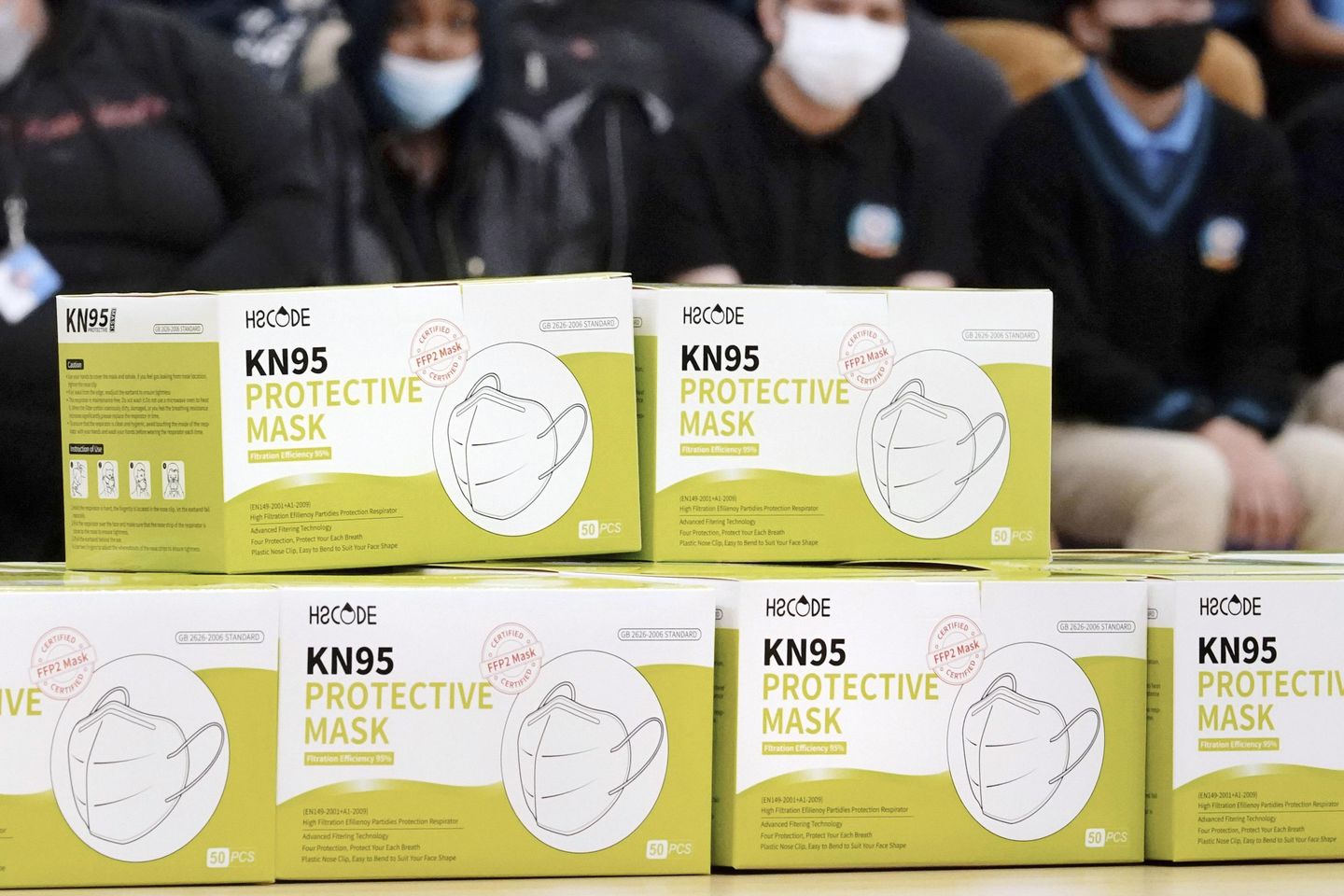The North Carolina state Senate has recently passed a bill that would prohibit individuals from wearing masks in public, including for health-related reasons. The bill, which passed by a vote of 24-17, is seen as a response to the ongoing COVID-19 pandemic and the controversy surrounding mask mandates. Supporters of the bill argue that wearing masks infringes on individual freedoms and that the decision to wear a mask should be a personal choice. However, opponents of the bill argue that wearing masks is a crucial public health measure that helps prevent the spread of infectious diseases, including COVID-19.
The bill, if signed into law, would make it illegal for individuals to wear masks in public spaces, with some exceptions for certain situations, such as Halloween or other holidays. The bill has sparked debate among lawmakers and the public, with some arguing that it is a necessary step to protect individual freedoms and others arguing that it is a dangerous move that could put public health at risk. The bill is part of a larger trend of states and municipalities grappling with how to balance individual rights with public health measures during the pandemic.
The debate over mask mandates has been ongoing since the beginning of the COVID-19 pandemic, with some arguing that masks are an essential tool in preventing the spread of the virus and others arguing that mask mandates infringe on individual freedoms. The North Carolina bill is just the latest example of this debate playing out at the state level. Supporters of the bill argue that individuals should have the right to make their own decisions about wearing masks, while opponents argue that wearing masks is a necessary public health measure that should be mandated by the government.
The bill has drawn criticism from public health experts, who argue that wearing masks is a crucial tool in preventing the spread of infectious diseases, including COVID-19. Masks have been shown to significantly reduce the transmission of respiratory droplets that can spread the virus, making them an important part of efforts to control the pandemic. Some experts have warned that banning masks in public spaces could lead to an increase in cases of COVID-19 and other infectious diseases, putting the health and safety of the public at risk.
The North Carolina state Senate’s decision to ban masks in public, if signed into law, could have far-reaching implications for public health and individual freedoms. The bill has sparked a heated debate among lawmakers and the public, with supporters arguing that it is a necessary step to protect individual rights and opponents arguing that it is a dangerous move that could put public health at risk. As the debate continues, it remains to be seen how the bill will ultimately impact efforts to control the spread of infectious diseases like COVID-19 in North Carolina and beyond.









